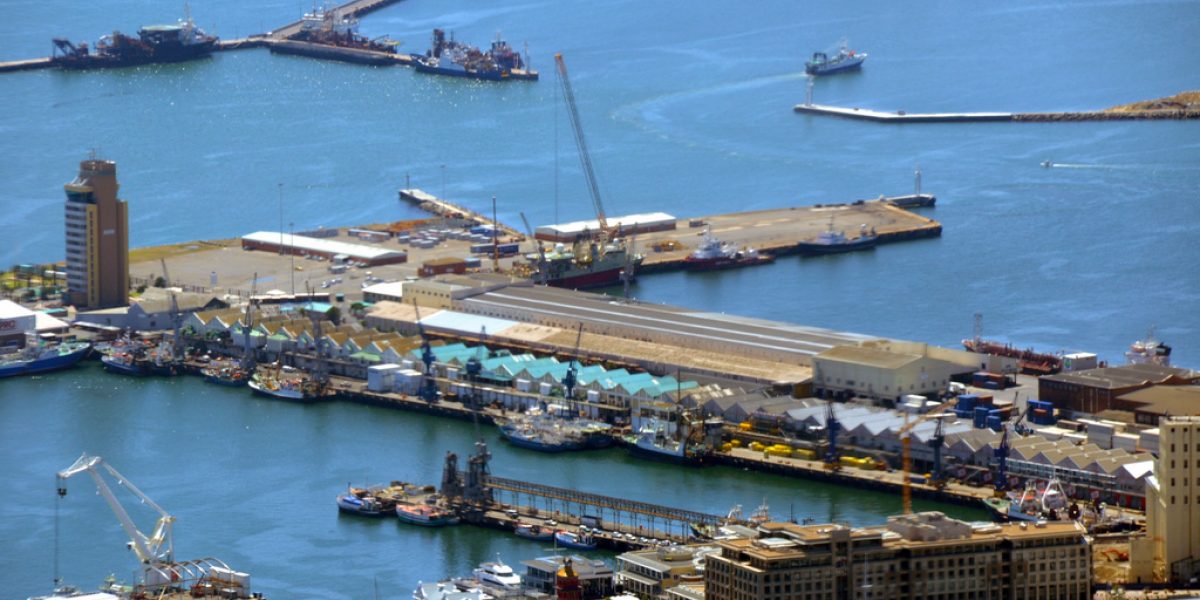Methodology
A number of data sets are used to draw conclusions on how SSA is connected in agriculture and textile trade to the USA and the UK. Data used came from: ESCAP-World Trade Cost Database, Eora, UNCTAD Liner Shipping Connectivity Index, World Bank Air Connectivity Index, World Bank Logistics Performance Index.
Research Objective
Analysis of the trading positions of SSA countries and policy recommendations on how to improve the relative position of SSA.
Synopsis
SSA finds it challenging to integrate into the regional and global trading system. Geography and history are determinants of trade costs, but not the full story. Policy must play a role, both in terms of pure trade policy and also the set of measures surrounding infrastructure development and utilization – particularly air and maritime transport. Trade in agriculture costs higher than in manufacturing – considering that most SSA rely on agriculture trade this compounds the problem. Tropical products, horticulture goods, cut flowers have achieved considerable success in export markets by making use of good air and maritime linkages.
Key findings include that the UK and USA are important for SSA countries as sources of final demand in both agriculture and textiles, although the nature of the relevant value chains is quite different with a much longer chain developing in textiles, possibly due to the provisions of AGOA.
Weak global connectivity of SSA countries (air and maritime connectivity) results in weak global networks of trade.
Policy Recommendations
- SSA should learn from sound performance of logistic performance of South Africa, Kenya and Mauritius
- Develop stronger linkages with key nodes in global transport networks by prioritising air transport.
- Cargo piggy-backs on tourism flights, so there is merit in focusing on tourism expansion
- Expand and improve on maritime links with UK and US.
- Recognise that value chains are primarily a private sector agenda. Focusing on World Bank Doing Business indicators and actively improve on these.
- Support SMEs to overcome barriers specific to their intra-regional trade opportunities.
- Trade facilitation and elimination of burdensome border requirements should remain key priorities for governments and RECs, WTO Trade Facilitation Agreement Category A notifications.

